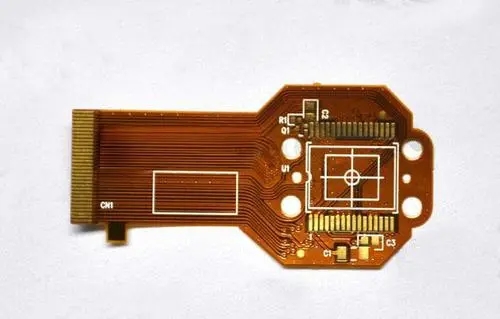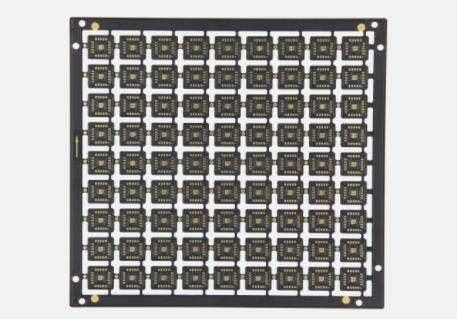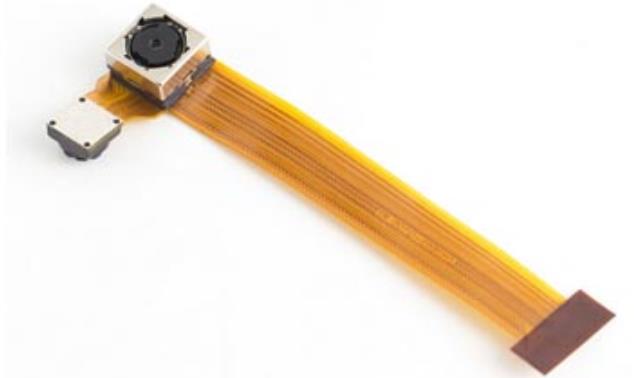
PCB welding is an important part of electronIC technology. Proper solder joint design and good processing technology (i.e. PCB welding technology) are the key factors to obtain reliable welding.?

Welding conditions of PCB
1、 Weldment is weldable
The quality of soldering mainly depends on the ability of the solder to wet the surface of the weldment, that is, the wettability and weldability of the two metal materials. If the weldment has poor weldability, it is impossible to weld qualified solder joints. Solderability refers to the ability of weldment and solder to form a good combination under the action of appropriate temperature and flux. Not all materials can be connected by tin welding. Only some metals have good weldability. Generally, copper and its alloys, gold, silver, zinc and nickel have good weldability, while aluminum, stainless steel and cast iron have poor weldability. Soldering generally requires special flux and methods.
2、 The surface of weldment shall be clean
In order to achieve a good combination of solder and weldment, the surface of weldment must be kept clean. Even for weldments with good weldability, if there is oxide layer, dust and oil stain on the surface of weldments. It must be cleaned before welding, otherwise the formation of alloy layer around the weldment will be affected, and the welding quality cannot be guaranteed.
3、 Suitable flux
There are many kinds of fluxes, and their effects are different. Different fluxes should be selected according to different welding processes and materials of weldments. If the amount of flux is too much, the residual side effects of the flux will also increase. The amount of flux is too SMAll, and the effect of flux is poor. Rosin flux is usually used for welding electronic products. Rosin flux is non corrosive, removes oxidation, enhances the fluidity of solder, helps to wet the welding surface, and makes the solder joints bright and beautiful.
4、 Suitable welding temperature
Heat energy is an indispensable condition for welding. In tin soldering, the role of thermal energy is to make the solder diffuse to the element and make the temperature of the weldment rise to the appropriate welding temperature, so as to generate metal alloy with the solder.
5、 Suitable welding time
Welding time refers to the time required for physical and chEMIcal changes during welding. It includes the time when the weldment reaches the welding temperature, the melting time of the solder, the time when the flux plays its role and forms the metal alloy. The welding time of the PCB shall be appropriate. If it is too long, the welding parts and components are easy to be damaged. If it is too short, the requirements cannot be met.









